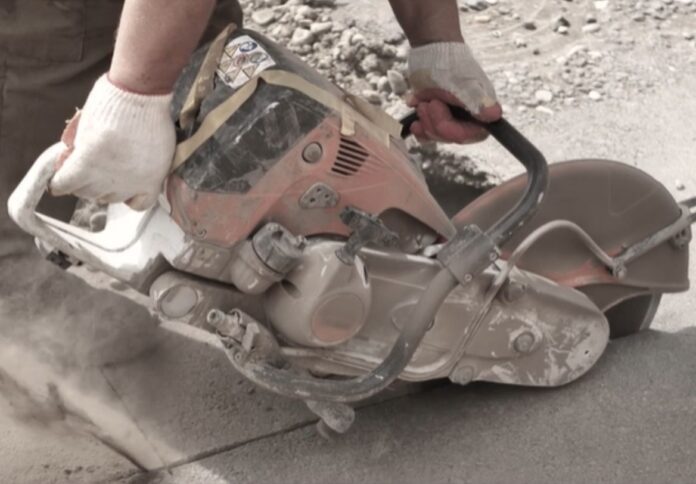
Guarda Systems, an environmental health and safety technology company, said the national ban on engineered stone in Australia is a step in the right direction but noted the urgent need for new and improved regulations.
In a media release, Guarda said the federal and state governments are leaving many workers unprotected against respiratory hazards on worksites by failing to engage with and support the development of better engineering controls.
These controls involve technology designed specifically to remove or suppress silica dust at the source, preventing or mitigating the release of silica dust particles into the air.
The number of workers battling the symptoms of silicosis and other diseases continues to rise in Australia, further emphasising the urgency of establishing regulations against the dangers associated with inhaling crystalline silica dust.
Guarda noted that there is a distinct possibility that employers who continue to expose workers to high levels of silica dust can be found in breach of health and safety laws.
“There may also be potential liability for employers for industrial manslaughter where a worker or other person dies due to exposure to crystalline silica,” the company added.
Moreover, even with the upcoming ban on engineered stone, silicosis will remain a very present danger.
Concrete, brick and natural stone, which are found in every construction site, contain up to 40 per cent silica and cannot be feasibly banned, the company said.
“Engineered stone is just a drop in the ocean compared to other masonry materials that contain crystalline silica on worksites. If the regulatory status quo persists, over 100,000 potentially fatal cases of silicosis in Australia are forecasted in coming years, according to a recent Curtin University study. That’s why we must look beyond just the banning of materials to ensure workplaces are safe and workers are protected from silica dust hazards,” said Guarda Systems CEO Craig Penty.



















